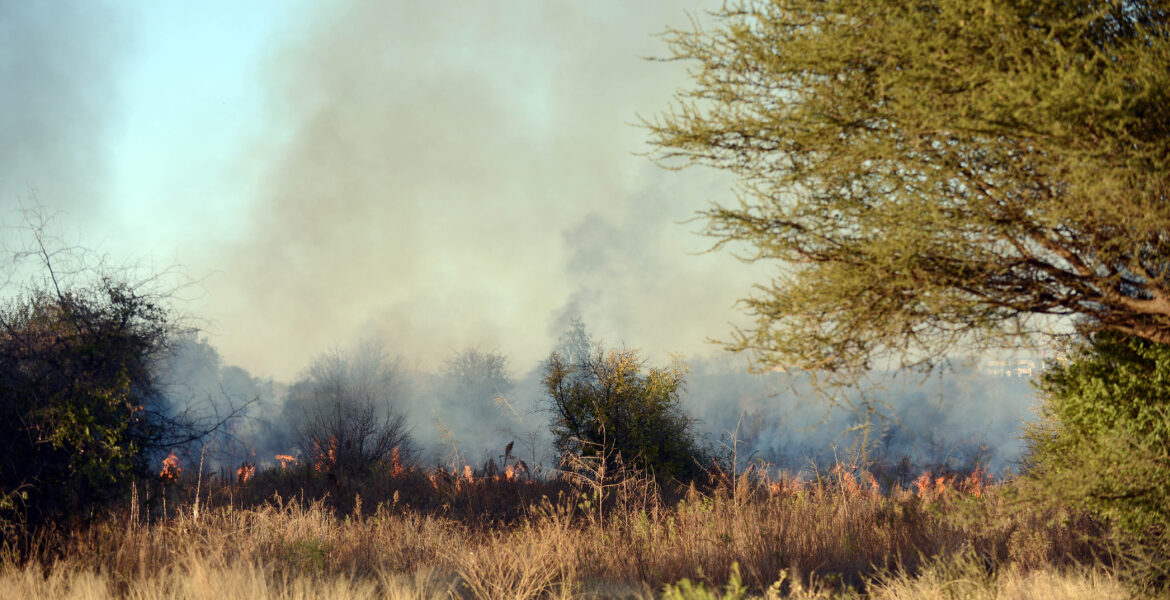The climate appears to be warming – so what – it has always cooled and heated, so some say. Anyway, it’s been caused by developed countries and former colonial powers and they must pay to have the damage fixed, so others say. These are the kinds of conversations that are going on right now.
Right now because the UN has recently been trying to make progress at the Council of the Parties or COP as it has become known have been meeting every year to try to fix global warming. Global warming scientists tell us is caused by mankind – anthropogenic. This is mostly due to two actions. The first is because we are rapidly burning fossils fuels, that its to say coal, oil, gas, and charcoal which releases carbon dioxide that causes the atmosphere to heat up. The other bad thing we are doing is destroying forests that actually thrive on carbon dioxide and release oxygen. Let’s just consider that it has taken millions of years to create fossil fuels – going back to the Jurassic Period, but only two to three hundred years to burn them up so releasing all that stored up carbon back into the atmosphere as carbon dioxide.
Getting back to COPs. Well let us note that when the first COP in Berlin took place in April 1995, there was about 360 ppm of CO2 in our atmosphere – at that time everyone was saying it must never get above 405 ppm – ppm is parts per million by the way. Guess what, in 2021 it is almost 420 ppm. And the consequences of fires, floods and famines are becoming hard to ignore. The hottest years ever recorded have been since 2015. Australia is having a heat wave with temperatures of over 50C, the highest ever in the Southern Hemisphere. So it is really happening – the globe is heating up.
For Botswana this is not good news. Rainfall is gradually reducing each year according to researchers at University of Botswana. Since 1981 there have been 17 years of drought and they are becoming more intensive. Moisture content of our farm-land is depleting. Fodder producing is reducing, so much so that the attempts at producing milk locally have failed in the past. Agriculture consumes 48% of all our water resources to produce only 1.5% of our GDP. There will come a time when every drop needs to be accounted for and farming will not do well from such due diligence.
So what is government doing about this looming crisis? The answer so far is not very much. Of course during those 17 years of drought, subsistence and other farmers are supported financially – but that is hardly sustainable. In terms of steering our country into smart lower water consuming food production processes, there has only most recently recognition that things must change. Government has only last year approved a climate change policy which has yet to find its way into day-to-day governance – which is a must of course. On energy, we are told that by 2030 solar will account for 15% of the energy mix. That is a start of course, but in 2015, government made the same international commitment to the United Nations. Transport – as a major producer of CO2 – is not mentioned at all as developed countries are racing ahead with electric vehicles.
So will the COP process change ? The answer is its very unlikely. OK, there has been small concessions on methane production and a moratorium on new coal investments – but it’s non-binding so practically worthless. Developing countries are waiting for developed countries to pay out huge sums for adaptation and damages rather than start working on their own green agendas. Developed countries are unable to stop big oil from business as usual – and they are not really trying – the largest lobby group at the Glasgow COP was big oil!
The UN has hoped to keep temperatures from rising by more than 1.5C but that target is almost certain to be missed and the next target has yet to be agreed. What this means is that temperatures will go on rising, affecting almost everything. Food shortages will become common, more conflicts especially in water stressed areas like in Africa and rising sea levels that will affect hundreds of millions that live close to the sea.
Botswana seems impervious to greening its economy, which is one of the most carbonised in the world. It is determined to push on with plans to develop coal, oil and gas that will make life very tough for its citizens as water shortages increase and temperatures rise. By the way, cattle and goats also add to greenhouse gas emissions too from the methane that they produce. Meanwhile the amount of bush is reducing year on year as farming attempts to expand and that is not good news because plants absorb carbon dioxide. Actually if truth be told, few countries are taking it seriously which is why increasing numbers of young people are taking to streets in protest because it is their future that is in jeopardy.
The only way to turn the corner on both mitigation and climate justice is through a Climate Treaty that mandates compensation in exchange for pulling the plug on oil wells and coal mines. Countries that have promised reductions internally must stand by those promises. If not, expect more days per year of 50C of more, parched lands, livestock depletion and considerable stress.
About the author
Douglas Rasbash has lived in Botswana since 2010, though first came in 1985 and holds a doctorate from UB, is an international consultant specialising in transport energy and environment and was the vice chairman of the Botswana Climate Change Network. He is founder of Botswana Hydroponics – a popular fb Group and Transport Revolutionaries also fb.

